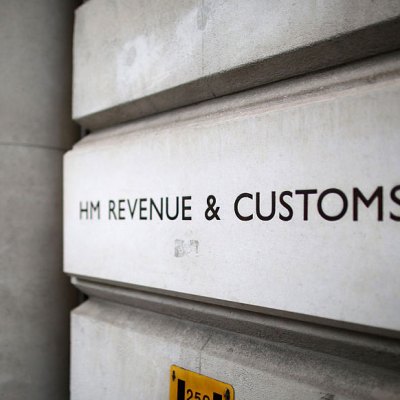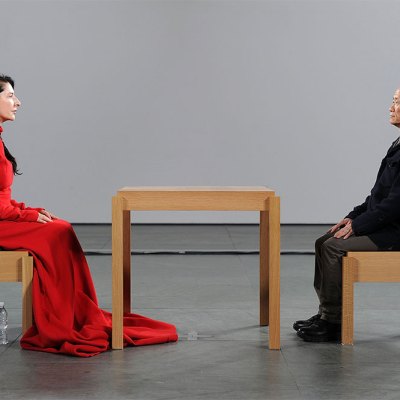A recent report by the US Senate Permanent Subcommittee on Investigations has drawn widespread attention for its damning statements about the international art market. Focusing on purchases of art from major auction houses by Arkady and Boris Rotenberg, two Russian nationals described as ‘oligarchs’ by the report, the Subcommittee makes a series of pronouncements about the supposed prevalence of money laundering in the art market, and the need for regulation to address this perceived problem. The report relies on a number of generalisations that are unsophisticated, but with one such bill already passed in the US House of Representatives and pending in the Senate, the report does present a unique moment when the art market may have limited time left to demonstrate practices that will hold off regulation. There is no question which way the wind is blowing in Europe after the 5th Anti-Money Laundering Directive and recent EU and UK regulations implementing it, but there are clear financial risks – to small businesses in particular – posed by the proposed regulations on the US market.
The report uses the art-buying practices of the Rotenbergs as a framework for its conclusions. The Rotenbergs have been placed on the US sanctions list related in particular to Russia’s invasion of Ukraine in 2014, sanctions that include a prohibition on any related entities doing business in the US. According to the report, a number did so anyway to purchase art at auction in New York. As is often the case, they allegedly made these purchases with the assistance of an art adviser based in Moscow.
One way that the report identifies that evading detection was possible was the use of what the committee calls ‘shell companies’ as a shorthand for nefarious activity. The term ‘shell company’ is often used colloquially to describe a limited liability company whose only purpose is to hold some property and create a layer of ownership between the property itself and the ultimate beneficiary, called the ultimate beneficial owner or UBO. The UBO is often not publicly available, and it can seem to the casual observer that this lack of transparency is for some bad motive. But it can also be for safety or security; would you want the Internet to know that you owned a $50 million painting in your home? The Senate report treats the very existence of limited liability company or corporations as proof of crime, when it is not.
According to the report, however, the point is that two people who should not have been able to do business in the US were able to do so. The report therefore suggests that Treasury ‘maximize its use of suspicious activity reports (“SARs”) filed by financial institutions’ when more than $10,000 in cash is used for a transaction, and that Office of Foreign Asset Control (OFAC) should ‘issue comprehensive guidance on the steps auction houses and art dealers should take to ensure they are not doing business with sanctioned individuals or entities’.
How would this be done? It would take legislation, some of which is already on the table, that would revise the Bank Secrecy Act to include antiquities dealers, and impose that law’s requirement to file SARs for any cash transactions over $10,000. It would not apply to auction houses or art galleries – a similar bill that would have was proposed two years ago but went nowhere. That prior version did not even define what an ‘art dealer’ was, nor does the current bill explain who is an antiquities dealer. Both bills create considerable confusion about to whom they even apply. The pending regulation would also address one of the major complaints of the report: UBOs. The bill would compel the filing of beneficial ownership information with the Financial Crimes Enforcement Network (FinCEN), distinct from the required suspicious activity report.
There is one obvious problem with this suggestion: the auction houses named in the report as sellers to the Rotenbergs performed customer diligence substantially in excess of what would be required by any regulation under discussion, and through no fault of their own, nonetheless did not perceive the Rotenbergs as the ultimate buyer. These are businesses with substantial and sophisticated compliance departments. Compelling the same of small businesses – requiring dedicated staff at companies that may have no employees beyond their owners – could be crippling. In the European countries where similar regulations have already taken effect, the pandemic has made it hard to distinguish the injury to small business those regulations have caused distinct from the worldwide economic slump. It remains open whether the US market will wait to see.
Distilled to its essence, the report reaches broad conclusions based on one example and proposes an intrusive regulatory framework that would not have changed the outcome of the case on which the report is centred. It is classic political grandstanding. Whether the proposed bill becomes law is unknowable, of course, but the fact that the issue is in the minds of legislators in the United States certainly means the market needs to reach a consensus on best practices. Without some demonstration of market integrity, more regulation will be a certainty.
This is one reason I proud to be involved with the Responsible Art Market Initiative (RAM). RAM has compiled country guides for money laundering rules, and also created a Transaction Toolkit. These include red flag checklists with respect to the art (provenance gaps, Holocaust spoliation, etc.), the other party to the deal (like politically exposed persons or sanctions lists such as the one on which the Rotenbergs are listed). Will this expose every criminal trying to buy art? Of course not. But neither will a US-based entity database, nor disclosure of financial tools like cash that are barely a factor in practice.
Transparency in the art market remains a challenge. But it is not the same as tarring all participants with the brush of criminality. No art business wants to be used for money laundering; that makes the business a victim of a crime. One of the report’s most stinging accusations is that the auction houses failed to ask the adviser for whom they were buying art. There is no question that anonymity increases the possibility of mischief, but that anonymity is also enshrined in law, particularly in New York.
Expensive art is an easy straw man; the Senate report offers little in the way of constructive guidance. The market needs to get behind initiatives like RAM or it will find itself in the crosshairs of cheap political shots for the foreseeable future.



